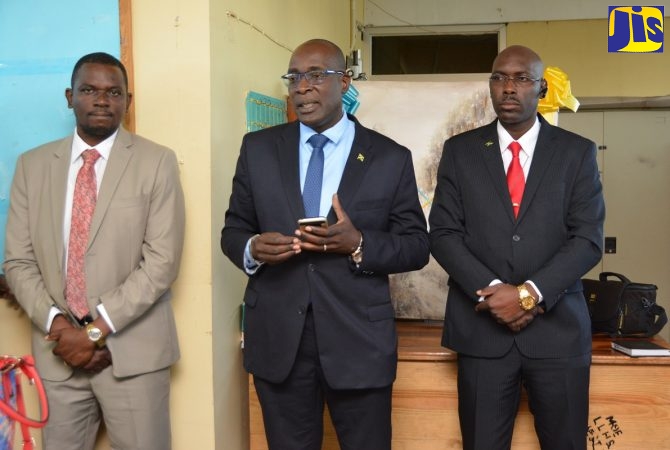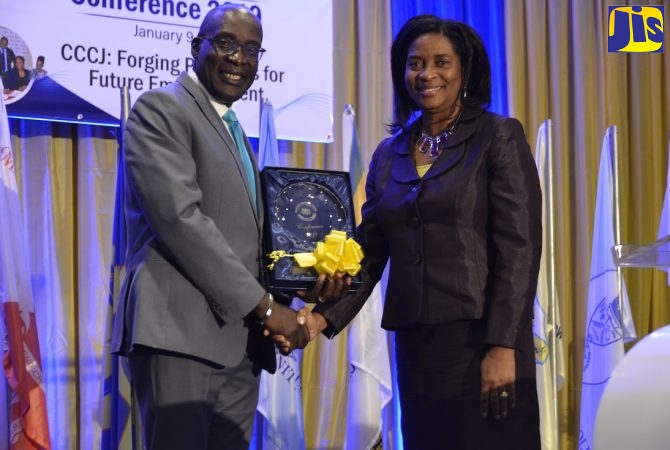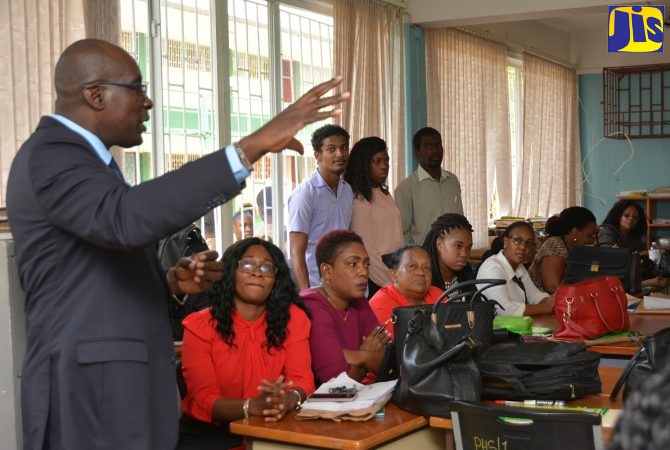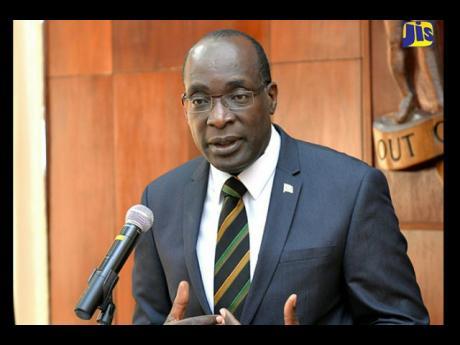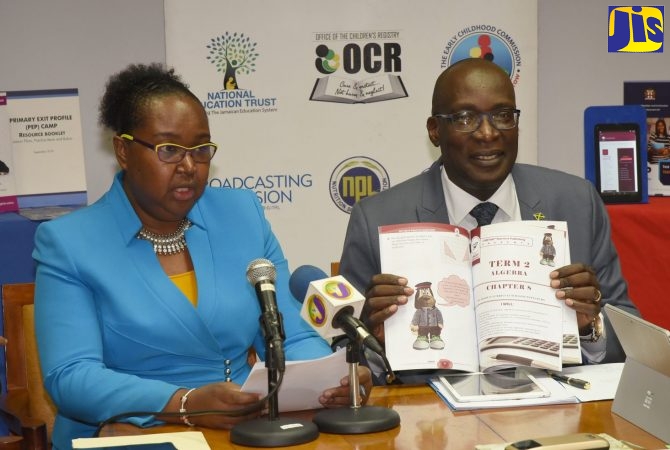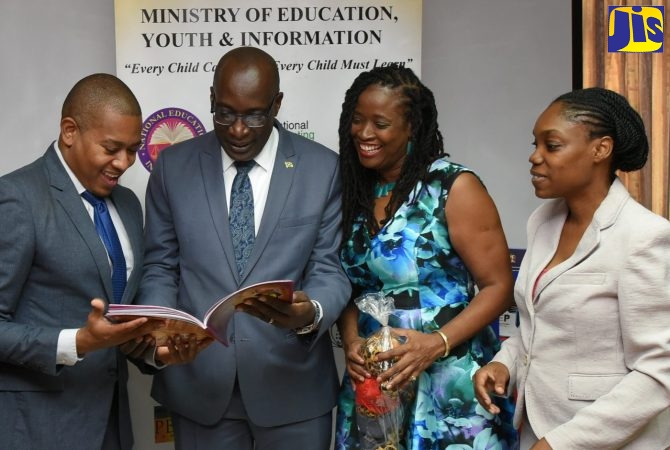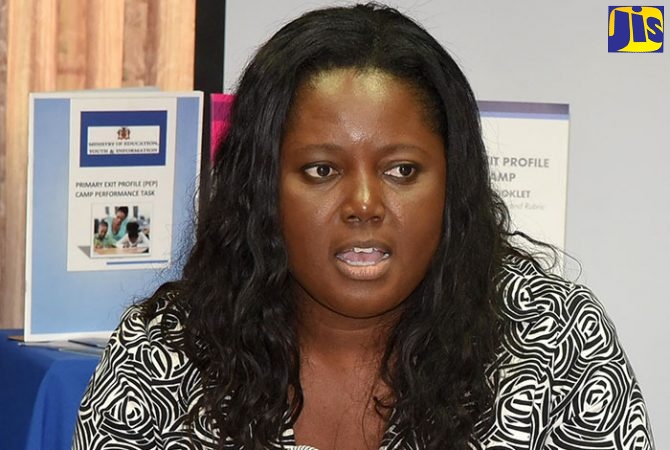JIS: Minister of Education, Youth and Information, Senator the Hon. Ruel Reid, has allocated $13 million to assist with the completion of a classroom block at the Little London High School, in Westmoreland.
During a visit to the institution on Tuesday, January 8, Senator Reid said the new block will help to alleviate a shortage of space at the institution.
Construction on the new block, which will provide six new classrooms for students, began in August 2018 with funds raised by the institution.
The Minister told the teachers that the Government remains committed to creating a comfortable and safe teaching and learning environment for both teachers and students.
“While we are placing all our students now in secondary up to age 18, they are not always in a comfortable environment. We still need more classrooms in some instances, and more laboratory spaces to ensure that the school and the teaching and learning environment are adequate,” he said.
In the meantime, Senator Reid informed that the Ministry will be providing a metal detector for the institution as part of efforts to further boost safety and security at Little London High.
“I know that teenagers will bring weapons on the school campus. It is an unfortunate part of our culture, not only in Jamaica but across the world… and we need an efficient way to manage that. The Principal has asked us to have a walk-through scanner installed, and that has been approved, so we expect to have that installed as quickly as possible,” the Minister informed.
Grange Hill and Petersfield High schools in Westmoreland will also receive metal detectors.
Senator Reid also committed to providing additional equipment to support the technical and vocational programmes at the institutions.
“This is an area that we are passionate about because we don’t see it as a second cousin, it is where the world is going. We need to make sure that you have the necessary equipment and facility to develop the skills that our students require as they transition to the world of work,” the Minister said.
Senator Reid and top officials from Region Four of the Ministry of Education, Youth and Information, visited the Little London, Grange Hill and Petersfield High schools to meet with teachers to discuss issues facing the institutions.
CAPTION: Minister of Education, Youth and Information, Senator the Hon. Ruel Reid (centre), with Principal of the Little London High School in Westmoreland, Garfield James (left); and Director of the Safety and Security Programme in the Ministry, Assistant Superintendent of Police, Coleridge Minto (right), during a visit to the school on January 8.


